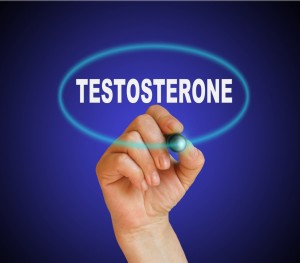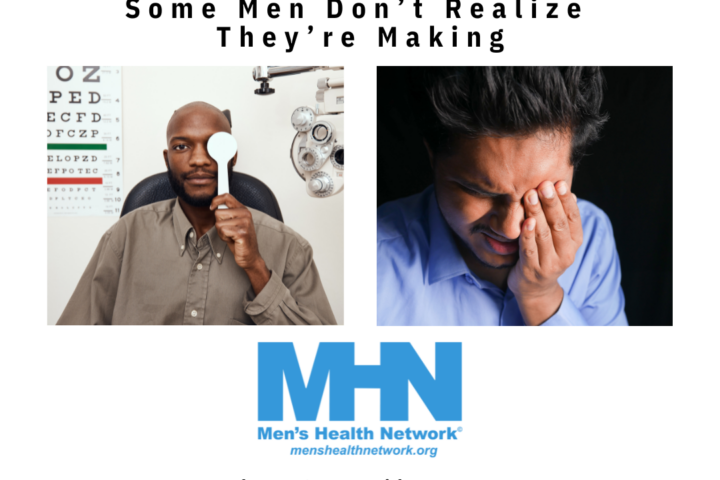Did you know that there are three types of testosterone in your body?
- Sex-Hormone Binding Globulin (SBHG)
- Albumin
- “Free Testosterone”
So what does it mean when you have “low testosterone?” Most of the time your doctors check both total testosterone (all three of the above combined) as well as the level of “free testosterone” found in the blood stream. In the average healthy male, testosterone levels range between 250 to 1200 ng/dL. In many doctors’ opinions, anyone with level of 800 or above has a healthy amount of testosterone. But if your testosterone level is below 800 then you might be suffering from low testosterone.
 Are you aware that there are many different natural treatments you can try before you consider bio-identical hormone therapy?
Are you aware that there are many different natural treatments you can try before you consider bio-identical hormone therapy?
For example, did you know that Vitamin D3 and Zinc could help boost testosterone? Similar to how Soy can help women with low estrogen, these natural supplements can help raise your testosterone.
In this recent case study, it was shown that men who suffer from Vitamin D3 deficiency (men who have lower than the normal level of 25 ng/mL) also suffer from low testosterone. As Vitamin D3 supplements were given to the test subjects, their testosterone levels began to increase in response. This indicates that Vitamin D3 may help with the synthesis of natural testosterone. Also during this case study, men who had normal levels of testosterone, (before taking Vitamin D3 supplement) similarly saw an increase in testosterone as they continued to take the supplement.
When you send your blood to the lab to get tested for low testosterone also have them check for your Vitamin D3 level. Something as simple as taking a natural supplement or changing your diet to include more foods that contain Vitamin D3 like fatty fishes, mushrooms, eggs and milk, might be all you need to help increase your testosterone levels and get you back into normal range.
Keep in mind that the relationship between Vitamin D3 and testosterone is not fully understood and is still being tested and researched.
As mentioned before, the mineral zinc might be also be correlated with testosterone in men. Zinc is important for protein synthesis in the body (and testosterone is a protein). This case study noticed an increase in “free testosterone” in their test subjects as they regularly took a 30-milligram zinc supplement. But another study showed that if you are currently getting enough zinc in your regular diet (around 19 milligrams) that taking excess zinc will not help in the production of testosterone. Zinc can naturally be found in oysters, pork, beans, yogurt and nuts. Incorporating these into your diet may help increase your free testosterone. But too much zinc can cause zinc toxicity, so make sure that you monitor your zinc intake.
One thing to also keep in mind is the fact that these case study results come from a year or more of monitoring and data collecting, meaning that you may not see any relief from your low testosterone symptoms whether it’s low sex drive, fatigue, increase in body fat, mood swings or even hair loss for at least a year!
If you have been suffering from low testosterone for a while and are looking to get your life back quicker, then consider starting bio-identical hormone therapy.
Bio-identical hormones are made in a lab that mimic what is naturally made in your body. Your body cannot tell the difference between the two. Many low testosterone treatments involve injecting testosterone directly into patients. This treatment is much faster: in about 2-3 months, you will start feeling your low testosterone symptoms dissipate.
When finding a low testosterone treatment find a doctor that will carefully monitor your testosterone levels to ensure that you are within the healthy range for 800 to 1200 ng/dL. Also make sure that you schedule many follow-up visits and investigate the doctor’s plan for a long-term solution!
For more information on low testosterone and different treatments feel free to contact us!




This article was very informative. I did not realize that there were 3 different types of testosterone. I liked your explanation of vitamin D3 and zinc, how it relates to testosterone and how to get it through foods and supplements.
Really like this post! It’s very informative, easy to read and understand, as well as interesting! Gave me some new information that I had no previously known about testosterone as well as some different opinions about treatment. Previously my belief had been that the only way to solve a problem with low “T” is drug treatment. To find out otherwise is very intriguing.